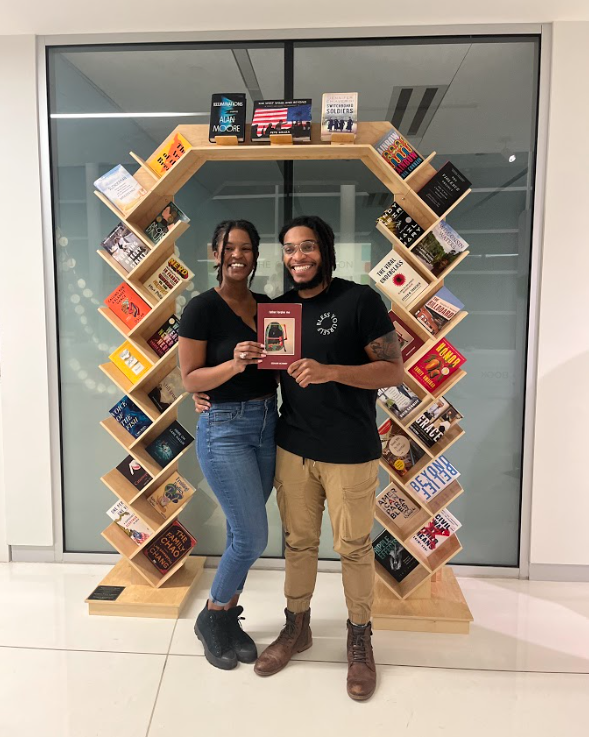
About the BMV Project
What began as a Black woman professor assessing local needs has become an interdisciplinary collective of Black women scholars committed to disrupting institutionalized ideas about how research can be done. The seed for Black Madison Voices (BMV) was planted when a Black alumni of Madison public schools critiqued the disturbing absence of Black perspectives in the city’s efforts to address educational inequities. This seed found fertile soil. This professor studies all-Black educational spaces and how they can serve as fugitive spaces offering shelter from anti-Black violence while inviting non-hegemonic Blackness and Black intellect and joy. This research led the professor to start a Black women’s writing group; following the dialogue with the aforementioned alumni, it was this group she contacted.
Soon after we began meeting, we joined the Humanities Education for Anti-Racism Literacy in the Sciences and Medicine (HEAL). This project was funded for 3 years by the Mellon Foundation’s Just Futures Initiative. The HEAL project centers the educational experiences of Black and Indigenous communities to build more accurate narratives about histories of racism in the sciences and medicine to better understand persistent underrepresentation and to develop educational tools for building a more equitable university and society. Our research focus and name, Black Madison Voices, emerged out of this submission. Black Madison Voices is working with HEAL to share a fuller history of Black Madisonians’ educational experiences and desires, particularly in STEM fields and learning spaces, at UW-Madison and in K-12 schools to advance anti-racist curriculum, policies, and practices.
Project Overview
Black Madison Voices (BMV) is curating a public history archive of Black people’s experiences in K-12 and higher educational institutions in and around Madison, Wisconsin. We envision an intergenerational, community-engaged project rooted in authenticity and collaboration where scholars will support community members in sharing their stories about their educational experiences.
Through cultivating these relationships and amplifying these stories, we hope to:
- To amplify and gather the stories of Black students, families, scholars, staff, and/or alumni experiences in Madison’s k-12 and higher educational institutions through oral history interviews that are HUMANIZING and DIGNITY-AFFIRMING.
- To learn from and archive the stories and local legacies of Black Madisonians and bring them into the public record for recognition and to facilitate more just educational and social policies, practices, and futures.
- To develop and refine an ANTI- RACIST CURRICULUM that honors Black Madisonians, and Black communities’ more broadly, experiences of harm and possibility within STEM fields and within k-12 and post-secondary educational spaces
- To facilitate reciprocal relations between Black scholars on-campus and Black Madisonians.
- To name institutional harms done to Black communities within K-12 and higher education settings and to model for educational institutions how to engage in REPARATIVE, REGENERATIVE, and RIGHT RELATIONS with vulnerable communities rather than to continue histories of exploitation and extraction.
